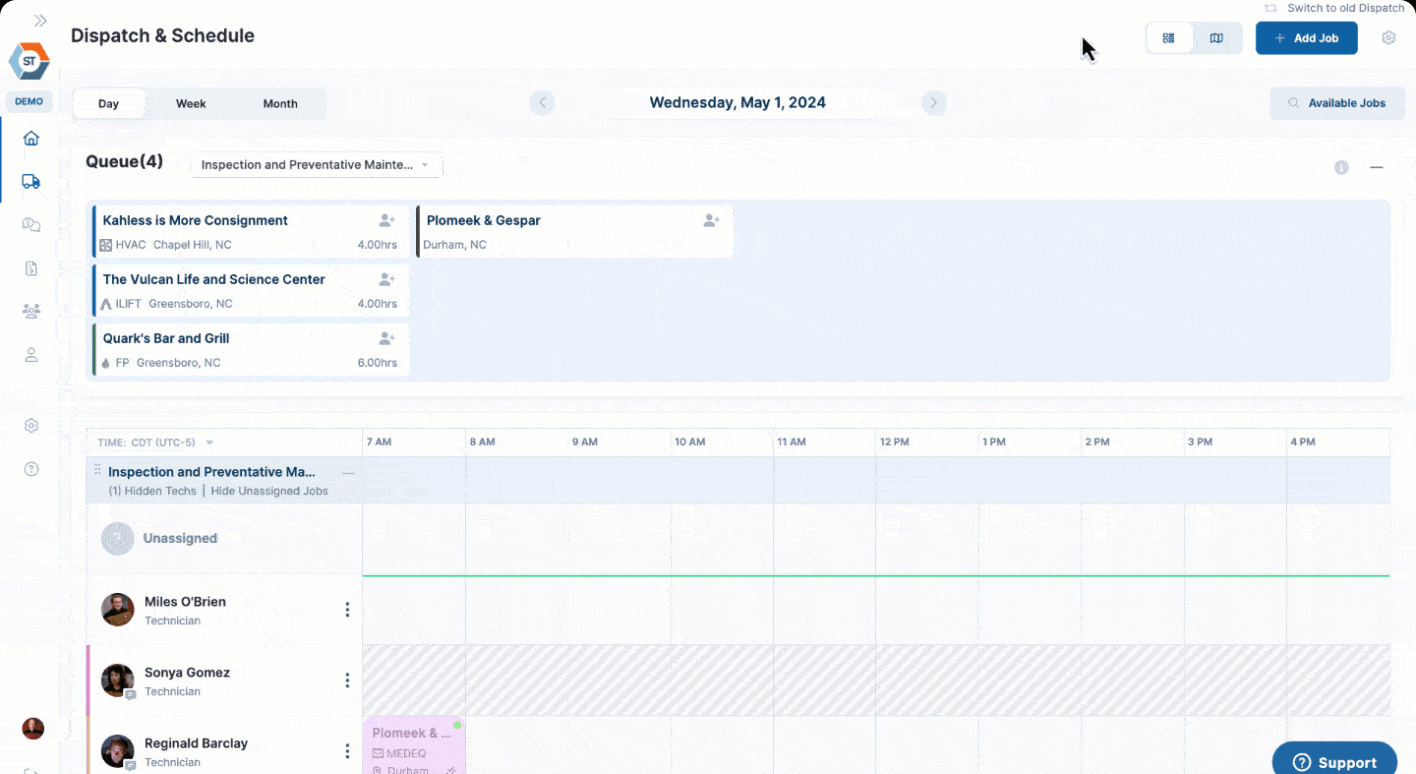The Ultimate Guide to Choosing the Right HVAC Field Service Software for Your Business
In today’s fast-paced business environment, HVAC service providers need every advantage they can get to stay ahead of the competition. One area where technology can significantly impact their success is in choosing the right HVAC field service software. This software can revolutionize operations, streamline processes, and boost overall efficiency, leading to increased profitability.
Understanding Your Business Needs
Before diving into the world of HVAC field service software, it’s crucial for service providers to take a step back and assess their current business needs. Begin by identifying the pain points and challenges faced by your HVAC business. Are you struggling with scheduling and dispatching? Do you have difficulties managing inventory and parts? Are you looking to strengthen customer relationships or improve reporting and analytics?
By pinpointing the specific areas that need improvement, you can better understand the features and functionalities that are essential for your HVAC business.
Key Features to Look for in HVAC Field Service Software
- Scheduling and Dispatch: Efficient scheduling and real-time dispatching are critical for HVAC businesses serving commercial clients. Look for features such as drag-and-drop scheduling, automated alerts and notifications, and integration with GPS technology to optimize your workforce’s productivity and response times.
- Mobile Capabilities: With technicians constantly on the move, having mobile access to the field service software is paramount. Look for solutions that offer offline access, work order management, and communication tools to ensure seamless information sharing between your office and field staff.
- Customer Relationship Management (CRM): Building strong relationships with customers is the cornerstone of any successful business. Choose a software that enables you to manage customer information, track service history, and have a centralized communication log. Integration with a CRM system can further enhance your ability to understand and cater to your customers’ unique needs.
- Inventory and Parts Management: HVAC businesses often deal with a vast array of equipment and spare parts. Look for software solutions that provide features like barcode scanning for inventory management, automatic stock alerts, and integration with suppliers’ systems to streamline inventory replenishment and avoid delays in servicing clients.
- Reporting and Analytics: Data is the key to making informed business decisions. Seek out HVAC field service software solutions that offer real-time reporting, analytics dashboards, and customizable reports to gain actionable insights into your business performance, employee productivity, and profitability.
- Integration Capabilities: Seamless integration with existing systems, such as accounting software and payment gateways, is crucial. Look for software solutions that can easily integrate with your current infrastructure to avoid unnecessary data duplication and improve overall operational efficiency.
Evaluating Software Solutions
With a clear understanding of your business needs and the key features to look for, it’s time to research and shortlist potential HVAC field service software providers. Start by conducting online research, seek industry referrals, and read customer reviews to determine the reputation and reliability of each provider.
Request product demos from your shortlisted providers to evaluate the user interface, ease of use, and the presence of all the essential features. Additionally, consider opting for free trial periods to test the software’s compatibility with your existing systems and the overall user experience for your team.
During the evaluation process, keep scalability and future needs in mind. Choose a software solution that can accommodate your business’s growth and has the potential to offer upgrades and additional features in the future.
Calculating Return on Investment (ROI)
When choosing HVAC field service software, it’s essential to consider its impact on your bottom line. Implementing the right software solution can generate significant cost savings and efficiency gains. For example, reducing paperwork, optimizing scheduling, and improving customer satisfaction can lead to increased revenue and reduced operating costs.
To calculate the potential return on investment (ROI) of your chosen software solution, take into account the estimated cost savings and efficiency improvements over time. Balancing the initial investment against long-term benefits will provide a clearer picture of the value the software can bring to your business.
Making the Decision and Implementing the Software
Once you’ve evaluated the different options, it’s time to make a decision and choose the HVAC field service software provider that best meets your business requirements. Consider factors such as pricing, customer support, and the reputation of the vendor. Furthermore, ensure that the software provider offers training and support during the implementation phase to guarantee a smooth transition.
Planning is vital for successful software implementation. Outline a timeline, allocate resources for training, and establish a plan for migrating data from your existing systems. Clear communication with your team throughout the implementation process will help alleviate any concerns and ensure a successful integration.
Selecting the right HVAC field service software is a critical decision that can significantly impact the success of your business. By understanding your business needs, evaluating key features, and calculating the potential ROI, you’ll be equipped to make an informed decision. Choose a software solution that aligns with your objectives, improves operational efficiency, and supports your business growth. By embracing technology, HVAC service providers can revolutionize their operations and provide superior service to their commercial clients, ultimately leading to greater success in a competitive industry.
—
Learn about ServiceTrade’s HVAC software here.

